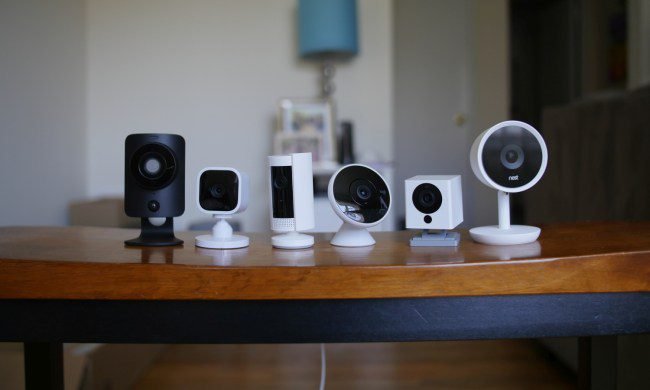There is a bewildering array of smart home security cameras available these days. Ring, Arlo, Wyze, Tapo, and more well-known manufacturers are producing excellent products that have many of the same features and are fully capable of safeguarding your home.
The choice between wired and wireless security cameras is one of the first ones you’ll have to make while buying, so don’t make it lightly.
Even though the two categories overlap greatly, there are a few important distinctions to take into account when choosing a security camera for your residence or place of business. Here’s a look at wired and wireless cameras to help you choose the ideal one, from installation to recording capabilities.
The definition of wired and wireless
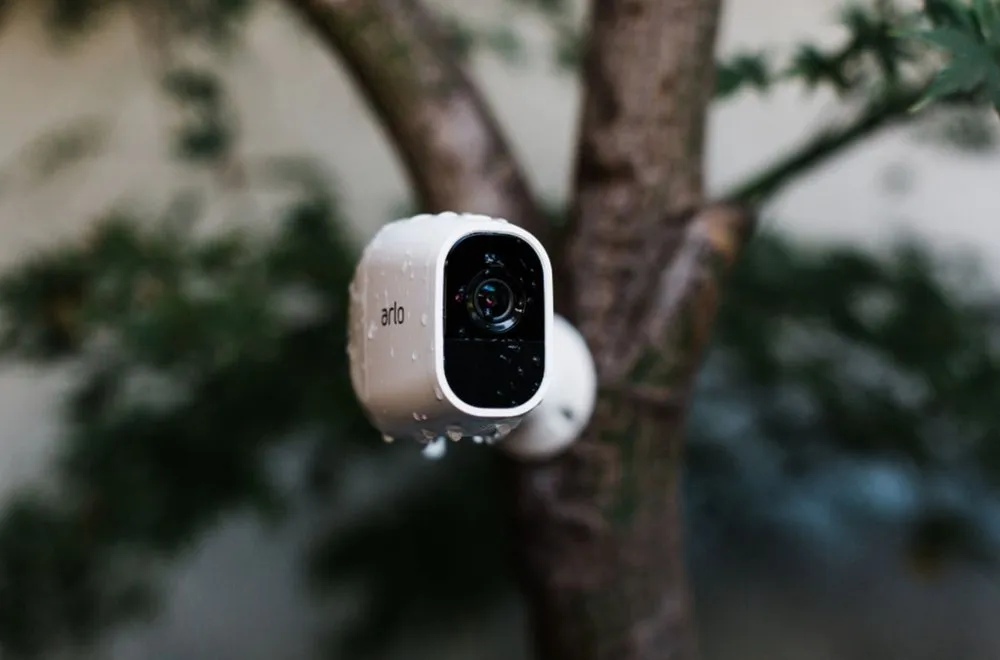
In reality, there are three different kinds of security cameras to talk about wired, wireless, and wire-free. The term “wired” refers to a camera that connects to power and networking via cables. Therefore, these models do not require Wi-Fi.
There are usually two groups in wireless. Wire-free cameras are those with built-in batteries that just use Wi-Fi instead of an Ethernet connection. However, a security camera is still regarded as wireless if it uses Wi-Fi to connect to the internet, even though it still uses an AC cord. Therefore, the way the camera manages the network connection is its true identification. Both kinds of wireless cameras are fairly similar, except for a few features; therefore, we’ll be comparing them in the same group.
Hardware contrast
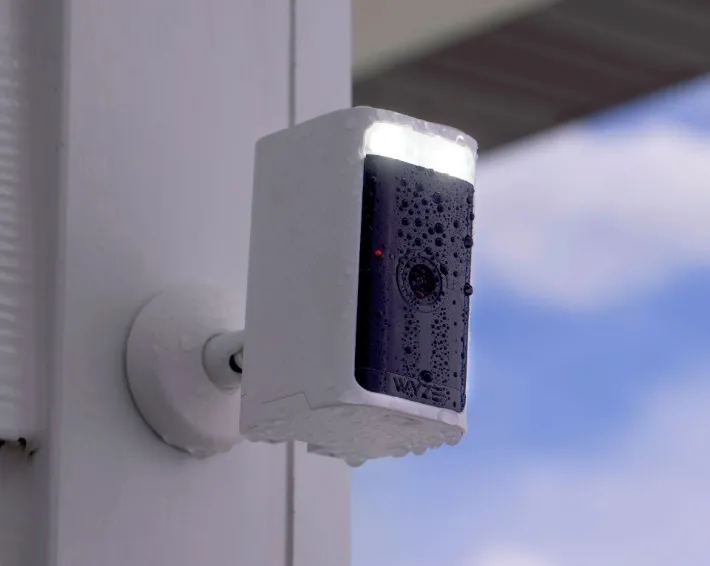
Standard DVR-style security cameras are usually wired security cameras. Instead of at private residences, you’ll see them a lot in commercial settings. However, because they require a connected base station and additional connections, installation can be a little more difficult. Businesses will cut holes in the walls to conceal the connections and position the cameras in the best possible way, avoiding fraying and damage to the cables.
Residential areas are more likely to have wireless security cameras because they are easier to install and don’t require unsightly wires. Particularly the wire-free models, are rather simple to install wherever the homeowner desires. When charging the batteries on those specific types, you need to be certain that you can get to them rather simply.
The fact that wireless cameras are more vulnerable to tampering is the only other significant drawback to installing a camera in an area that is usually easy to access.
Conclusion: Wireless cameras win out because most of our readers are regular consumers; however, it depends on the area you want to secure. They are superior because of how simple they are to install and how elegant they look.
Safety
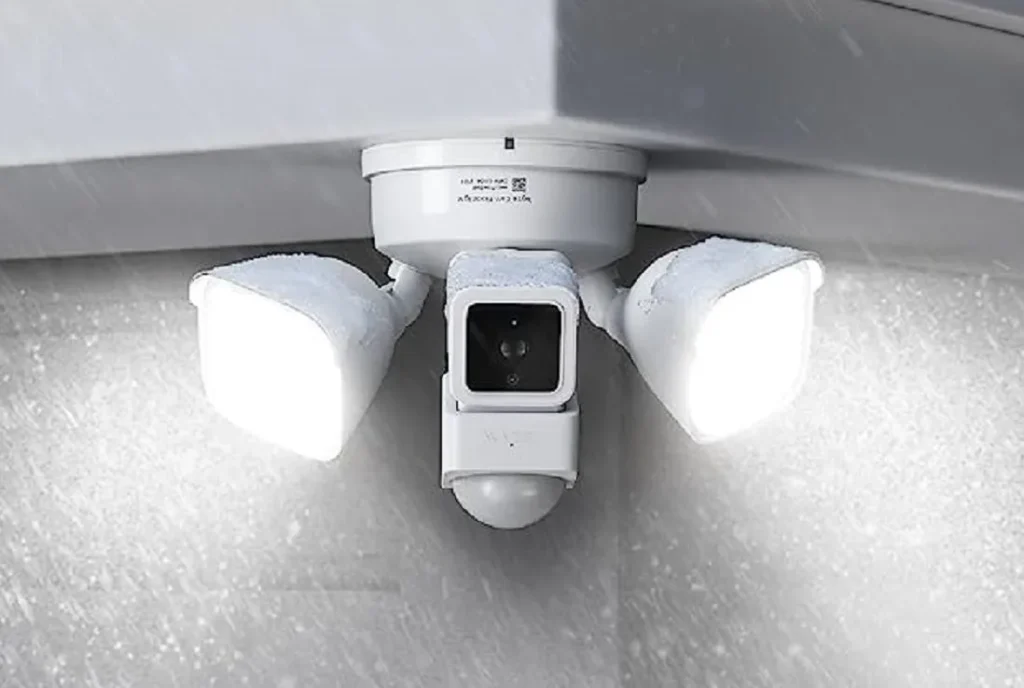
The real security that a security camera can offer is its main feature. It all boils down to the audio, video, and special capabilities that every kind of camera offers when judging this category.
Both cameras’ features may be comparable. The majority of functions are available in wired options as well, but wireless options tend to have the newest, greatest, and even gimmicky features more readily. Additionally, businesses will showcase their most recent detection features on wireless configurations more quickly than on wired models. With wireless alternatives, you receive update notifications more frequently and with more reliability.
Consistency is the primary security benefit of wired configurations. Compared to wireless systems, wired security cameras have much more consistent connections and video feeds because they don’t rely on Wi-Fi. Even with the most expensive routers, Wi-Fi can experience instability. Furthermore, variations in speeds or bandwidth may have an impact on the video quality, even if your router doesn’t fully fail. It’s nearly as horrible to have poor resolution as it is to have none at all.
Furthermore, because wired cameras don’t always need to be connected to Wi-Fi, they are typically less vulnerable to hacking efforts.
Conclusion: Wired security cameras are the best option for maintaining the highest video quality and feeds when it comes to general security and connectivity. Similar features to the brand-new, flashy wireless cameras will also be available in higher-end models.
Privacy
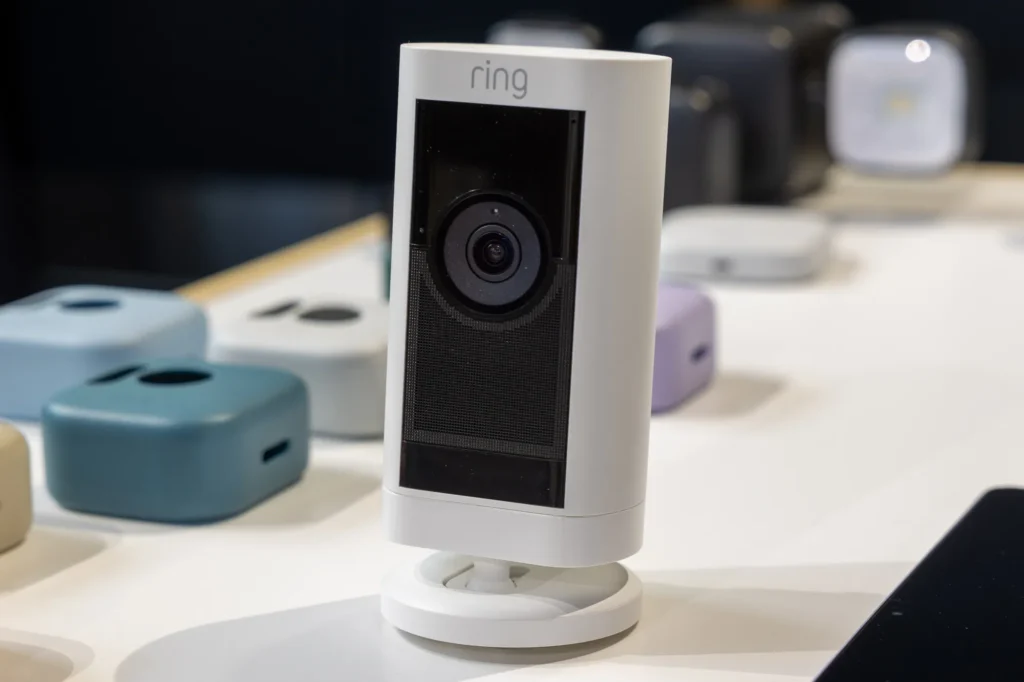
Let’s talk about security camera system privacy while we’re on the subject of hacking. Because wireless cameras depend on Wi-Fi, they are inherently more vulnerable to hacking. Although wired solutions can connect to the internet, many systems do not require them.
That being said, if you choose the WiFi option, you don’t need to worry. To help allay worries about privacy, there are several choices available. Like with any internet-enabled device, you should quickly change the default password. If you gain access to one cloud-based device in a cloud-based system, there’s a good chance you’ll gain access to the entire system. Certain systems also enable two-factor authentication, which, if available, is something we strongly advise doing.
In addition, rules exist to deter and penalize those who attempt to hack or record the footage from your cameras.
Verdict: Customers who prioritize their privacy will find a connected camera system more enticing.
Additional issues
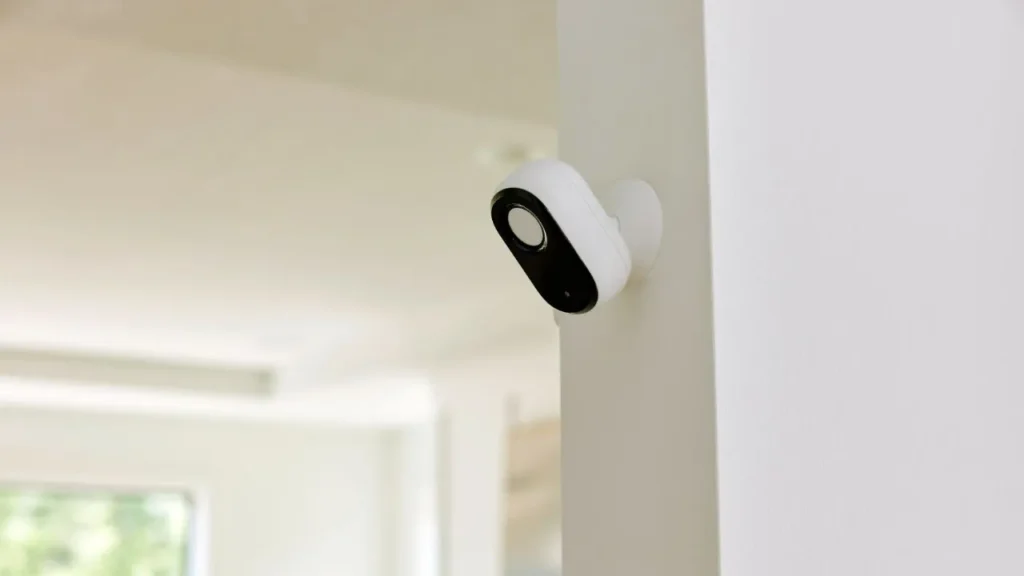
When contrasting the two kinds of security cameras, there are a few advantages and disadvantages to take into account. There are options for cloud recording on many wireless cameras. This option is exclusive to certain models. This implies that you need to pay for a subscription to have serious recording options, and it also implies that there is no backup in case the Wi-Fi is compromised.
While wireless cameras frequently only start recording when motion is detected, wired cameras can record continuously. Features that need to be connected to a power outlet, like Ring’s Pre-Roll and Arlo’s continuous video recording, frequently cannot be used with battery-powered devices. While wireless systems don’t always have this feature, wired cameras nearly always do.
The ease with which additional cameras can be added to a wireless camera setup is an additional advantage. The new camera only needs to be mounted and connected to your home system, and you’re ready to go.
In summary
We suggest wireless security cameras to our main readers. Wireless cameras come with many regularly updated capabilities and are typically easier for homeowners to install and maintain. They fit into our smart home more seamlessly, so privacy issues won’t be a bigger concern than they usually are. An electrician would be better suited to install a wired security camera for a more noticeable compound or small business.
Which security camera is better – wireless or wired?
Wired security cameras are generally considered better than wireless. They offer reliable connectivity, higher video quality, non-stop power, and better security against hacking. Wireless cameras are easier to install but can have connectivity issues, lower video quality, battery life limitations, and are more vulnerable to hackers.
Which security camera is best for home use?
For home use, wired security cameras are usually the best choice. They have reliable connectivity to your home router or NVR, giving you 24/7 monitoring without interruptions. Wired cameras also have higher video resolution and avoid issues like wireless signal interference.
Which camera is better for CCTV systems?
Wired security cameras are better for CCTV systems. They connect securely to a central NVR system using ethernet cables. This allows for larger camera networks, centralized monitoring, non-stop power supply, and reduced WiFi congestion compared to adding wireless cameras.
Is a wireless security camera secure?
Wireless security cameras are generally less secure than wired ones. Their WiFi signals can be more easily intercepted by hackers, allowing camera feeds, controls, and sensitive data to be compromised. Proper wireless security precautions can reduce, but not eliminate, these risks.


